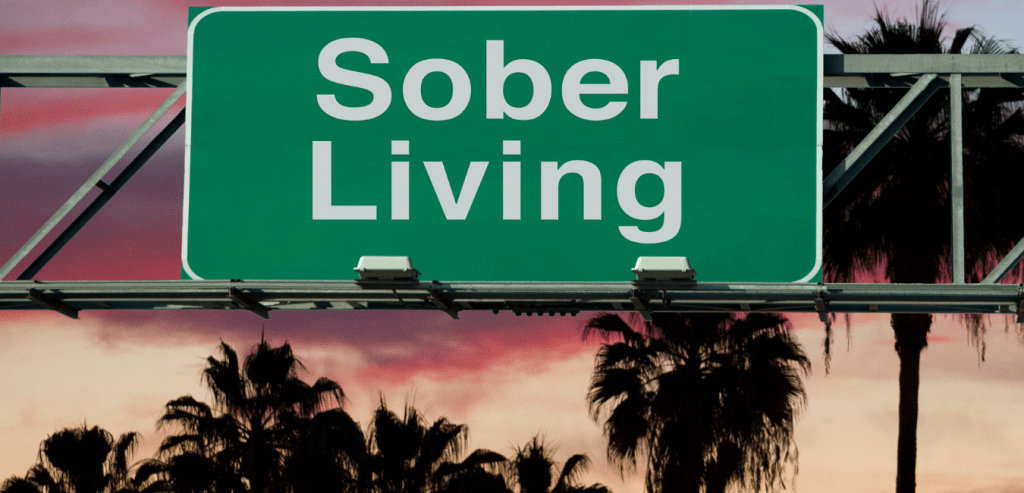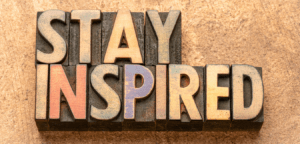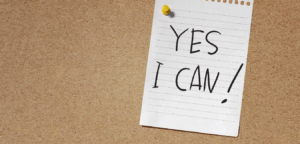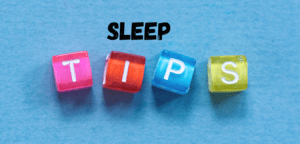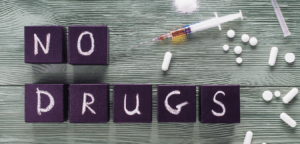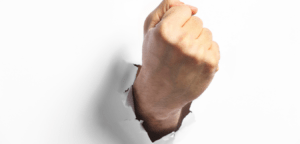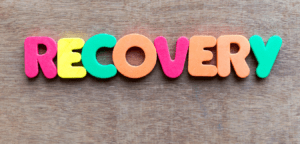You’ve taken that first big step and stopped using substances, now what? Everything you did and was before has changed. You may find yourself wondering if you’ll ever have fun again. It might even be tempting to hide in the house and avoid people. The new you – is raw and super-sensitive. You may feel as though everyone is talking about you. Without mood-altering substance, life just got real. Really, real! You take stock of the wreckage and look forward to the future. But first, you must deal with it now. Early recovery is a time of transitioning, from one life to another. It’s like the lobster that outgrew his shell. While waiting for the new one to harden, the lobster needs to be very careful, for this is when he is most vulnerable.
Your chances of a successful recovery rest on honesty, willingness, and your ability to be open. You’ve learned to talk the talk, now it’s time to walk it.
Below are seven helpful tips that will greatly increase your chances of staying clean and sober.
Join a support group.
Addiction is a disease; you’ll need professionals, a recovery coach, and twelve-step mentors to help you unravel the dishonest thinking you’ve been operating under. Your support group is a fellowship of men and women who share their experience, strength and hope, with each other. You will be welcomed with open arms. Allow the people who’ve gone before you, to lead you down this new and exciting, scary path. The relief you once sought in your drug of choice, can be found in these groups. Sharing your story, no holds barred, with someone who’s been there, promotes healing and accountability.
Be open.
Because you don’t feel good about yourself, you may view everything you see, hear and experience, through the lens of shame, and low self-esteem. People will want to help you by giving advice or feedback. This isn’t an attack on you or a sign that you’re failing. To be successful in your new life, you must stop doing things your way. Surrendering self-will is crucial when recovering from addiction. Try to remember, your best thinking got you into your present circumstance. You’ve steered the bus and crashed it. Now is the time to let someone else do the driving.
Talk, talk talk!
Develop the skills to ‘tell on yourself.’ Whatever you’re doing, thinking and feeling, must be reported. I’m fine, won’t cut it. Feelings that aren’t shared or debriefed become unhealthy behaviors, ending in relapse. Enlarge your support network by inviting safe, experienced people into your circle. At first, your emotions will seem big and overwhelming. There not really, but because you’ve been numbed out for so long, it will feel that way. In early recovery, everything is bigger. Problems are magnified and nerve endings are raw. This is normal. You’re newly thawed out and just beginning to stabilize, emotionally. Hang in there, the overwhelming emotions in early recovery will be of great value, for among them, is joy.
Stay in the present moment.
A tool many recovering people use is to live life, one day at a time. However, if you’re struggling, one day can seem forever. Rather than trying to get through the entire day, break it down into five-minute intervals. Just do the next five minutes. The struggle isn’t out there – it’s in your head. With practice the recipe is simple. Pick up the phone, or go to a meeting. Share your thoughts, feelings and actions. Ask for guidance. Breathe in and out and remind yourself why you chose sobriety. Then take it one minute, one hour, or one day, at a time. All you have to do – is the next right thing.
Identify your danger zones.
In your first years sober, it’s important to be in a drug and alcohol-free environment, which includes a family get-together if alcohol is being served. Stay away from your danger zones. Become aware of your triggers. A trigger is any form of stimuli that creates the desire to engage in mood-altering substances or behaviors. A trigger can be using friends and places such as bars, or social gatherings where alcohol is being served. Triggers can also be family members, weekends, paydays, or anything that creates a physical, emotional or physiological craving. If you must be in the presence of alcohol, bring your sponsor or another person of support with you.
Make sure to get some exercise.
Just thirty minutes of exercise a day will help fight fatigue, depression and reduce stress. Post-acute withdrawal can last throughout the first few months of your sobriety. You may experience what I refer to, as blah. Blah is neither up, nor down but rather, flat. Your dopamine receptors are depleted; it will take time to get them back to where they were before you started blocking them with substance. Exercise releases chemicals in your brain that make you feel good. It boosts your self-esteem and helps with sleep. It also increases energy, promotes a healthy appetite, and releases tension.
Give back.
Giving back is the best way to divorce one from ‘self.’ Self is that noisy little monkey named brain noise, living in your head that nags, complains, and creates anxiety. When you help others you focus on them and their needs, silencing the inner chatter. Helping another creates feelings of connection, belonging, and value, thus increasing self-worth and stimulating the ‘feel good’ chemistry in your brain.
Sobriety is a precious gift. It requires honesty, hard work, and commitment. But the freedom and joy you experience far outweigh the work that’s involved. Your body and mind will feel alive in a way you’ve never felt before. You’ll be able to solve problems without turning to substance. Your relationships will improve. You will actually do all the things you’ve talked about doing, and more.
But the greatest freedom of all is you feeling good – about yourself.
Credited to:Vertava Health

